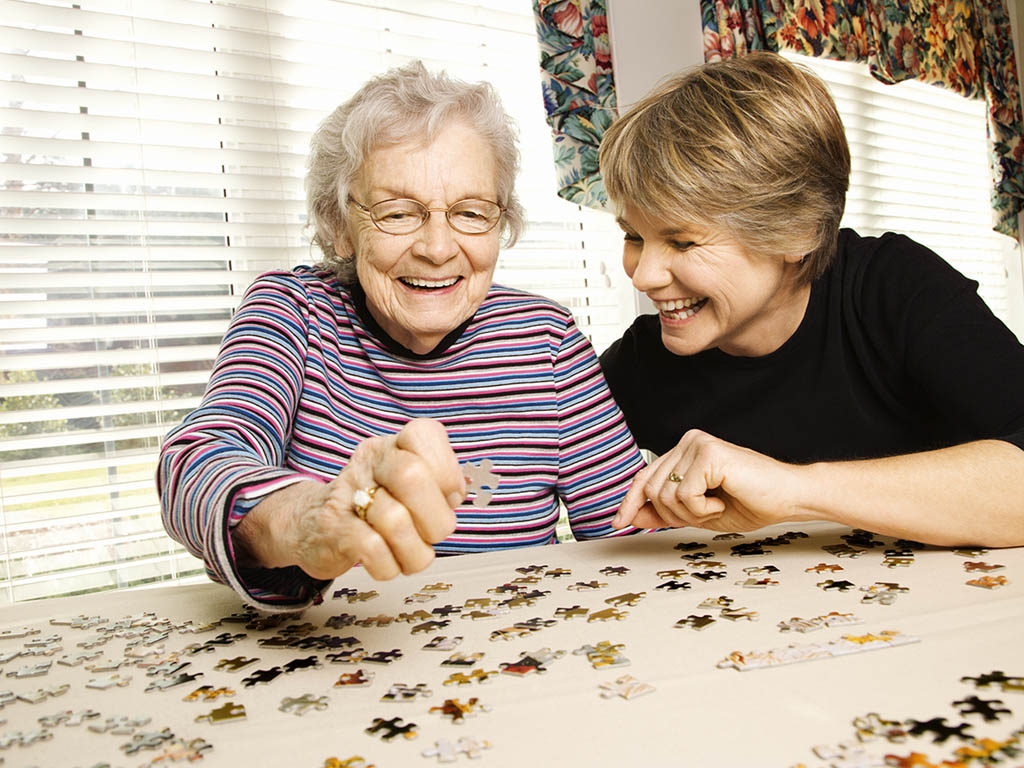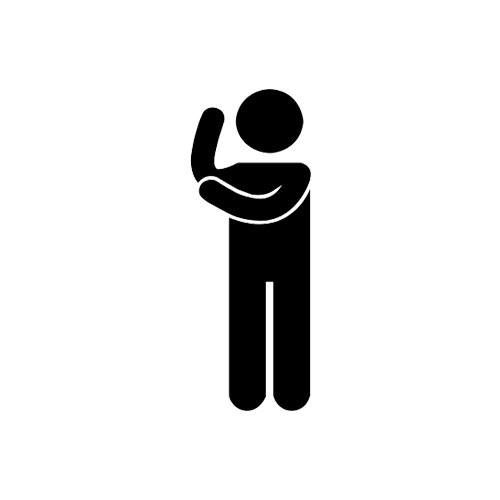Remembering
Based on the medical literature, it is plausible to assume that correcting or improving the sensory systems that include auditory, visual, vestibular, proprioception and tactile, could lead to an improvement in remembering.
Sensory and memory stimulation can be effective non-pharmacological interventions for managing behaviors in individuals with remembering issues. Motor and multisensory stimulation may help to maintain or improve abilities such as communication and self-care. A motor and multisensory-based approach can improve engagement and attention to the environment, direct gaze, laughing and a reduction of closed eyes. There can also be an improvement in resting heart rate, overall mood, and in engagement of physical activity.
Auditory speech-processing deficits may be an early manifestation of memory loss and may precede the onset by many years. Visual performance is impaired, especially with visual field loss, in patients with memory issues. Visual problems may be the earliest and most prominent signs of future memory loss, even before objective signs appear. Vestibular loss may be a contributor to memory loss.

Paul is Remembering, Speaking, Socializing, Writing Better and is More Alert After the Clarity Chair
Story of young girl who overcame amnesia after the Clarity Chair





